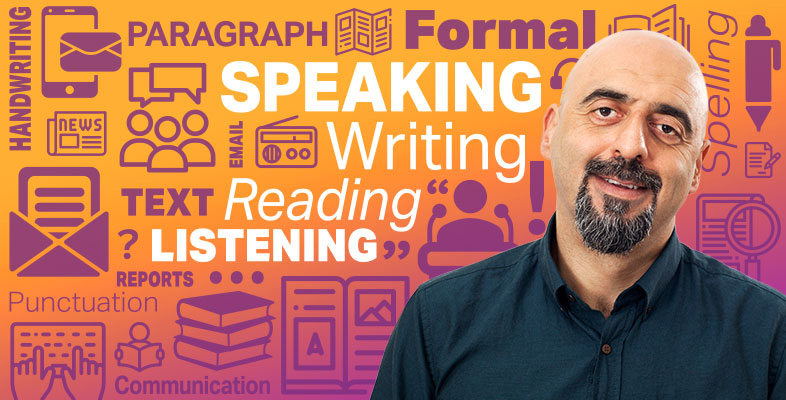3.3 Writing to advise
Writing to advise is all about giving advice to your audience. Some people find this easier than others. When writing to advise, you are expected to suggest what someone should do.
Writing to advise is informative and helpful. It is a little like giving instructions, except you must adapt your tone of voice to suit the needs of your audience. For example, if you were providing your friend with advice on which dress to wear, you might use a very relaxed and informal tone, whereas if you were advising a work colleague on how to deal with a difficult customer, you would use a much more formal and serious tone.
When you write to advise, you should use words like ‘should’, ‘could’ or ‘maybe’, which change a command into a suggestion. This prevents your advice from sounding too harsh. Verbs like ‘could’ and ‘should’ are called modal verbs.
In contrast, when you give instructions, you should use imperative verbs, which are verbs, or action words, that tell a person what to do. They are usually used at the beginning of a sentence, for example ‘Slice the carrots’ rather than ‘You should slice the carrots.’
Activity 24 How to make a cup of tea
Write instructions for making a cup of tea. Use imperative verbs such as ‘pour’ rather than ‘you should pour’, and use short, concise sentences.
Discussion
Here are some examples of instructions using imperatives and short, concise sentences:
Fill the kettle.
Pour the milk.
Remove the teabag.
Activity 25 Rewriting advice
Below is a note written to a friend offering advice. It is written like a set of instructions using imperative verbs which makes it sound harsh and not advisory. Rewrite the advice using words like ‘could’ and ‘should’ to modify the tone.
- Dear Julie,
- Dump him. Tell him that he is being foolish. Say firmly that you don’t want to see him anymore. Walk away quickly. Look straight ahead, avoid turning around.
- Your friend,
- Louise
Discussion
Your revised letter may look something like this.
- Dear Julie,
- I’m sorry to hear you are having problems. You should think about dumping him. You could tell him that you don’t want to see him again. It might be easier to walk away. If you do decide to do that, it would be best to look straight ahead and avoid turning around.
- Your friend
- Louise
In this section you have:
- practised writing to inform
- practised writing to persuade
- practised writing to advise.
